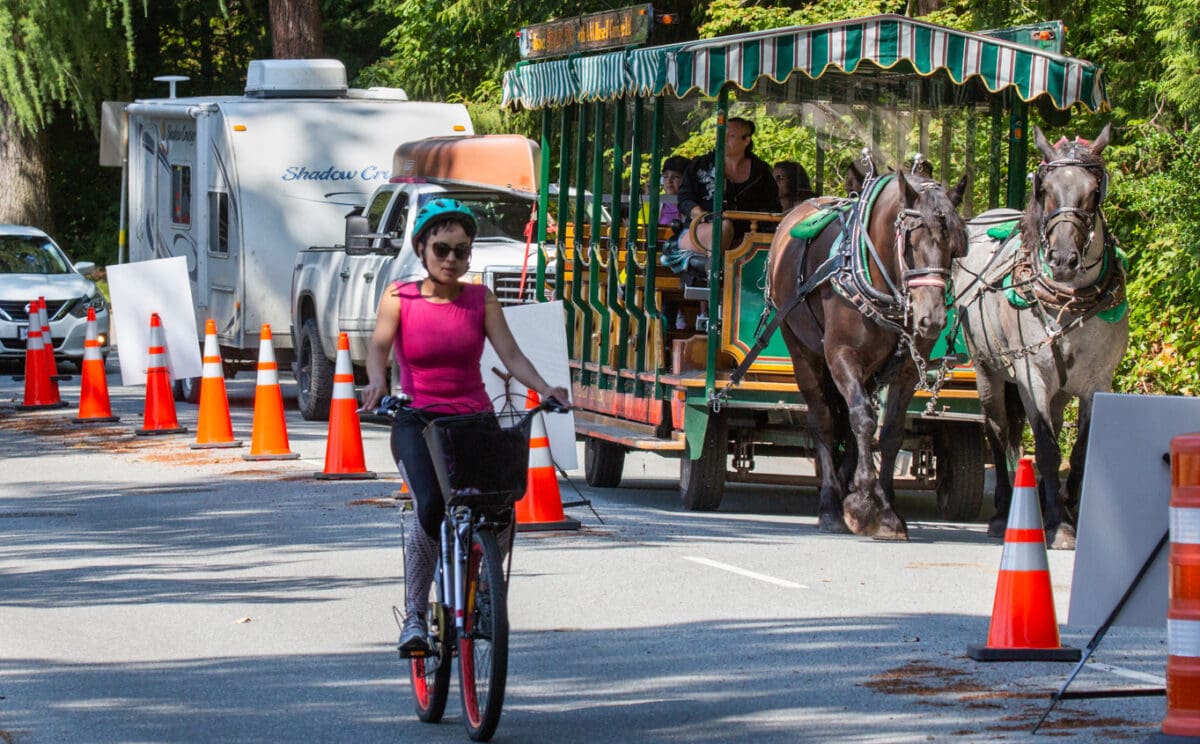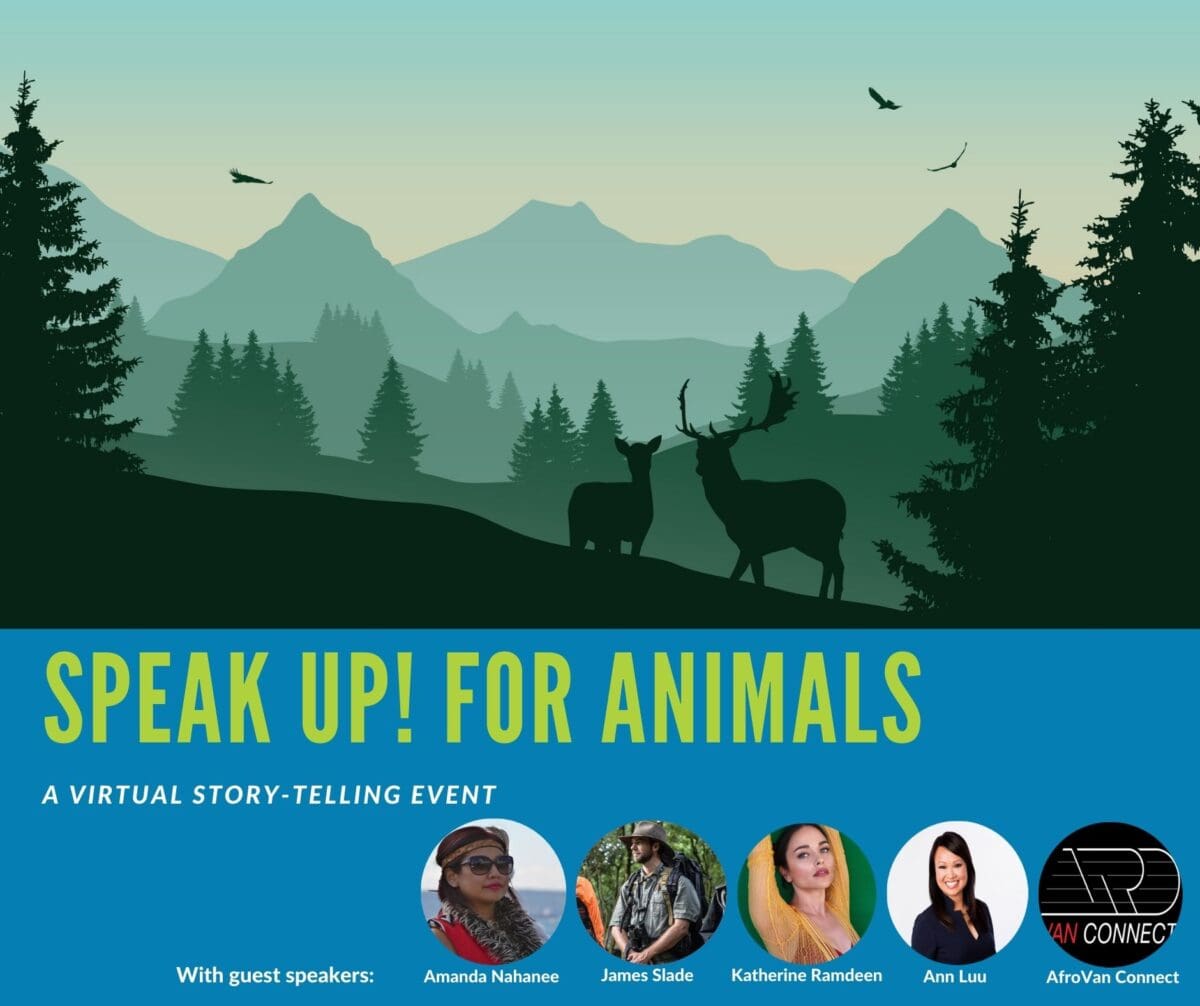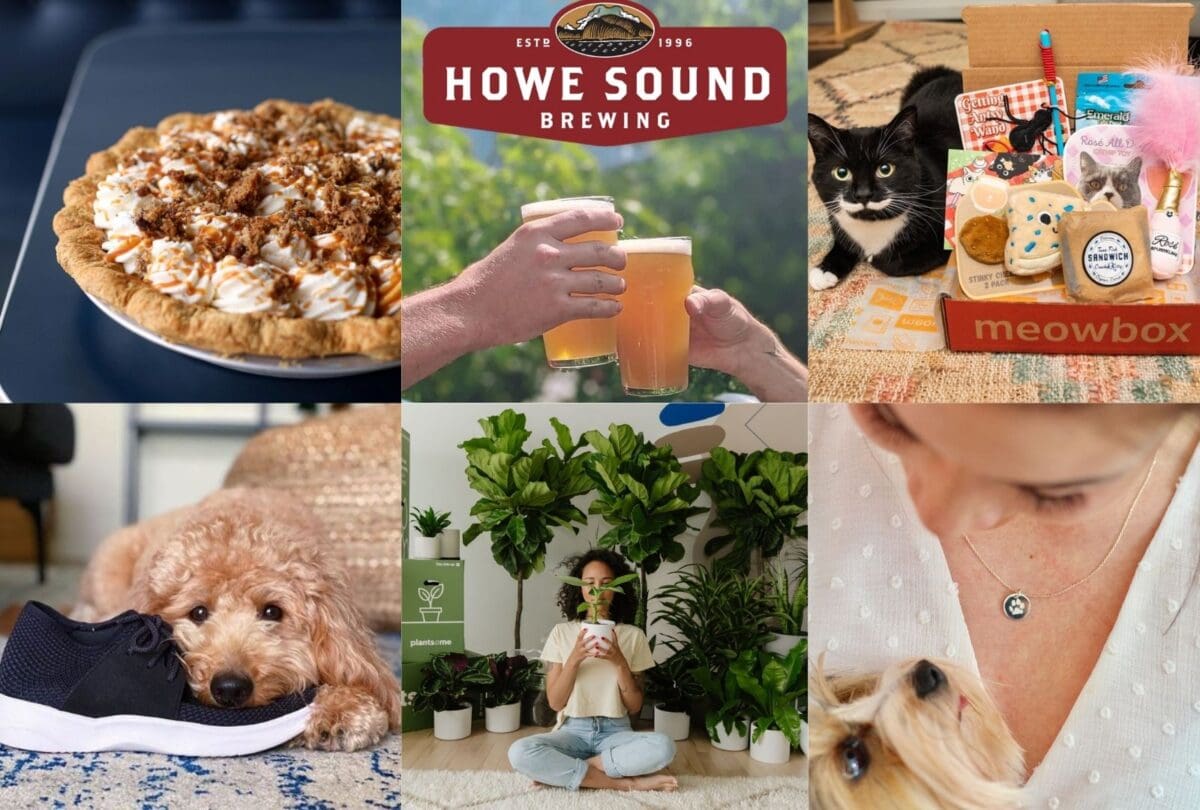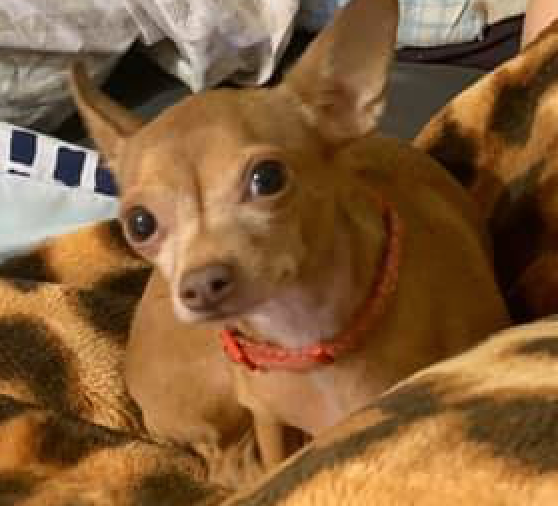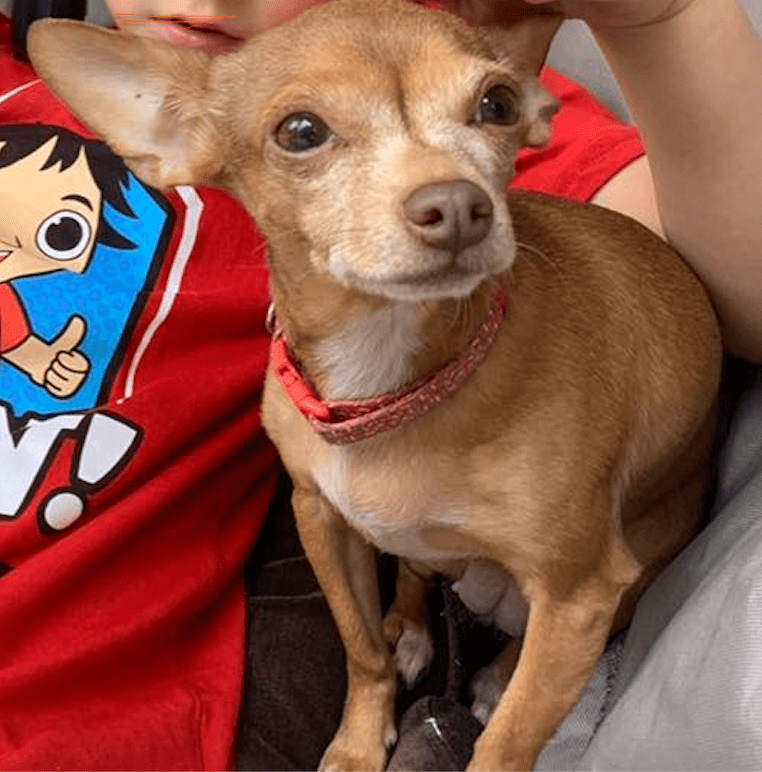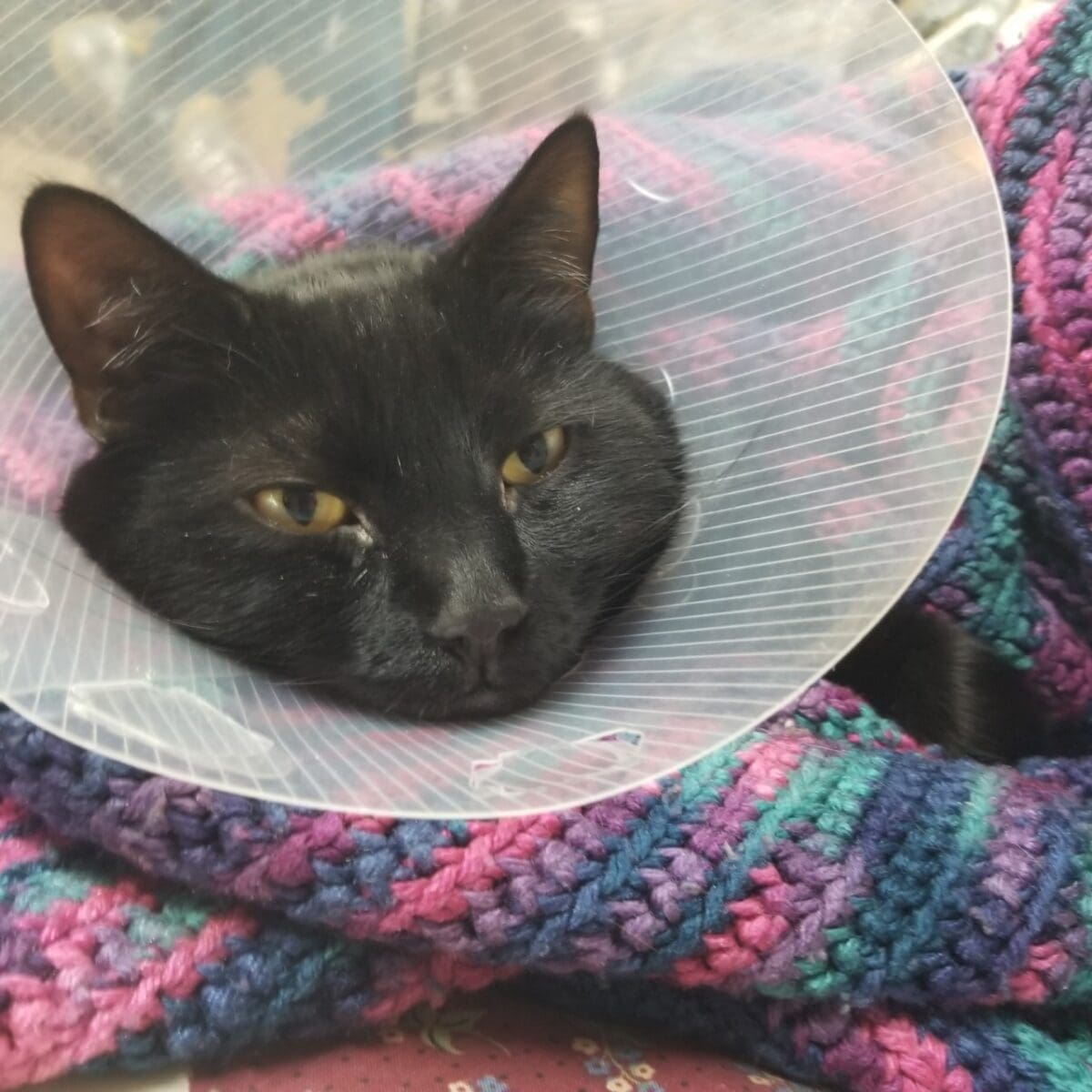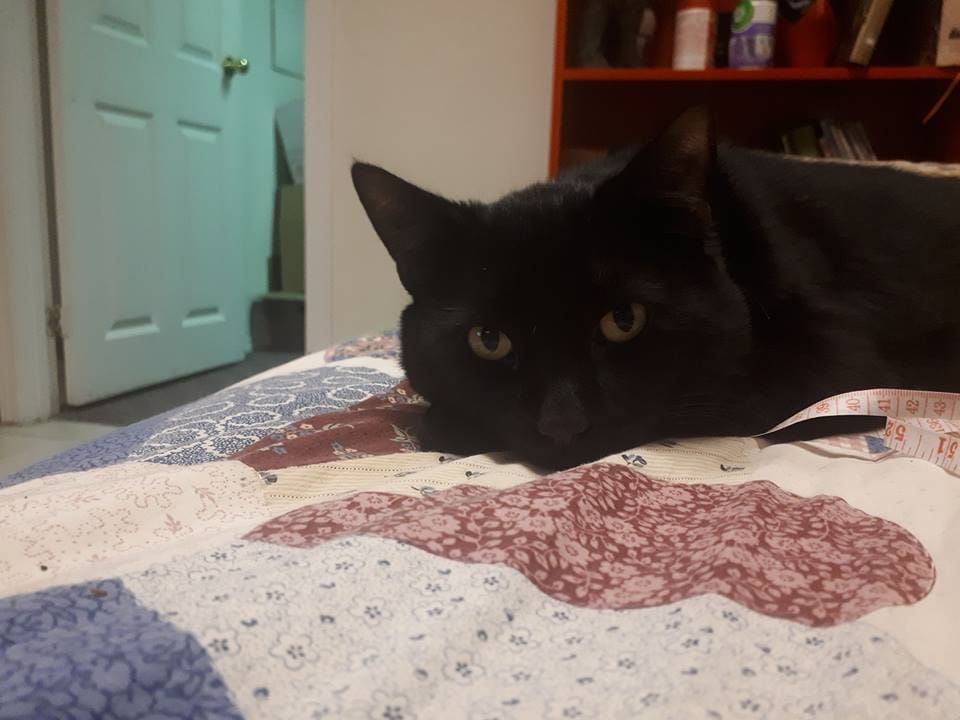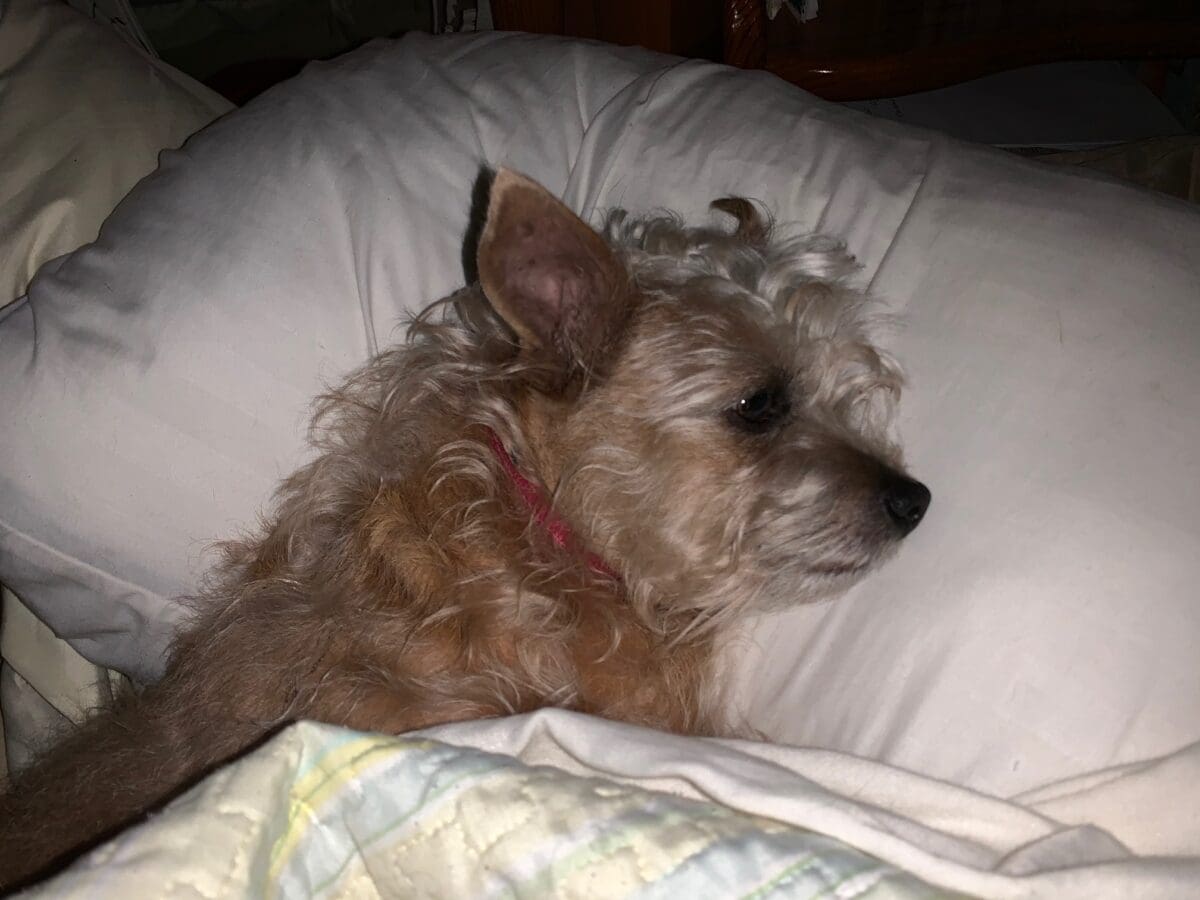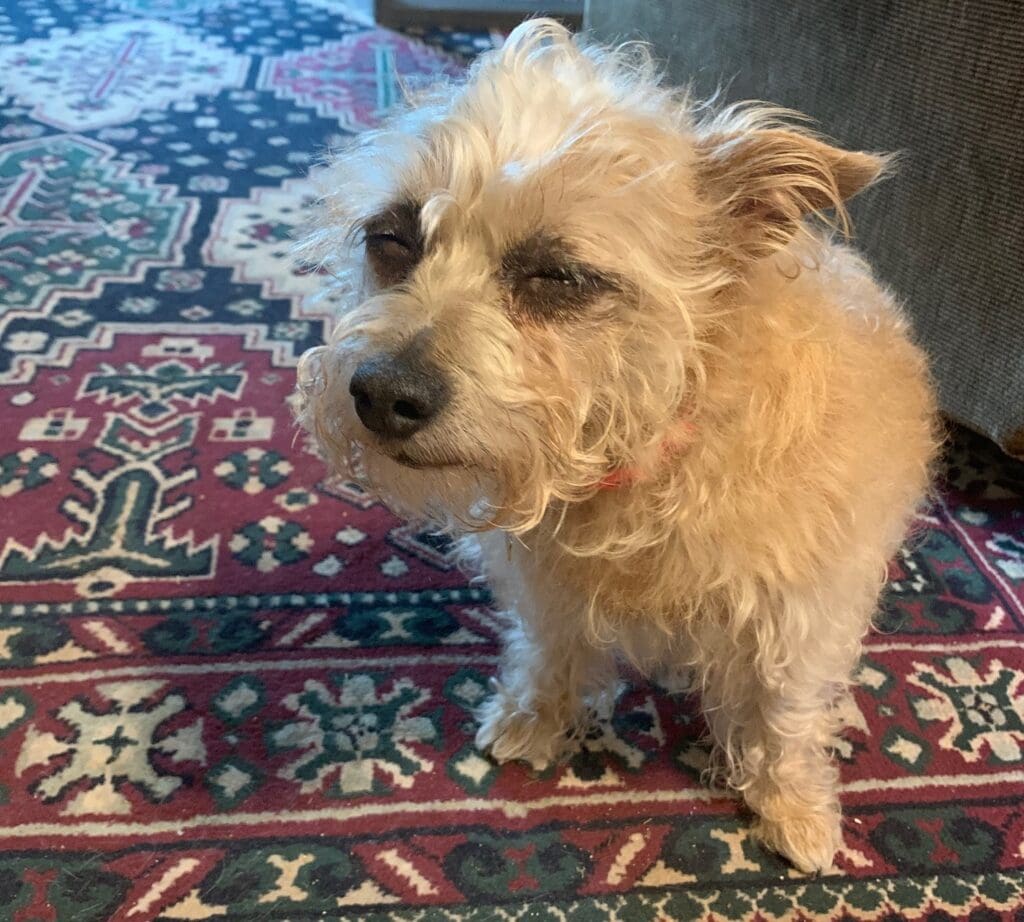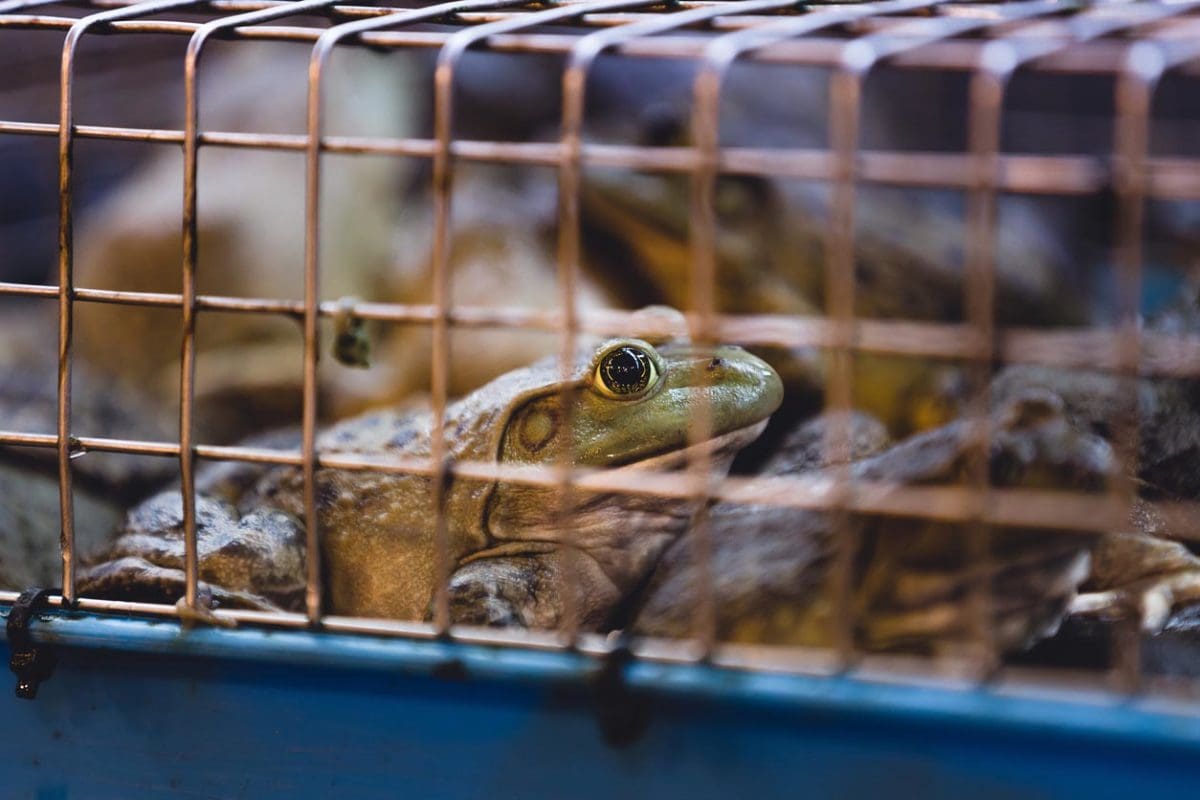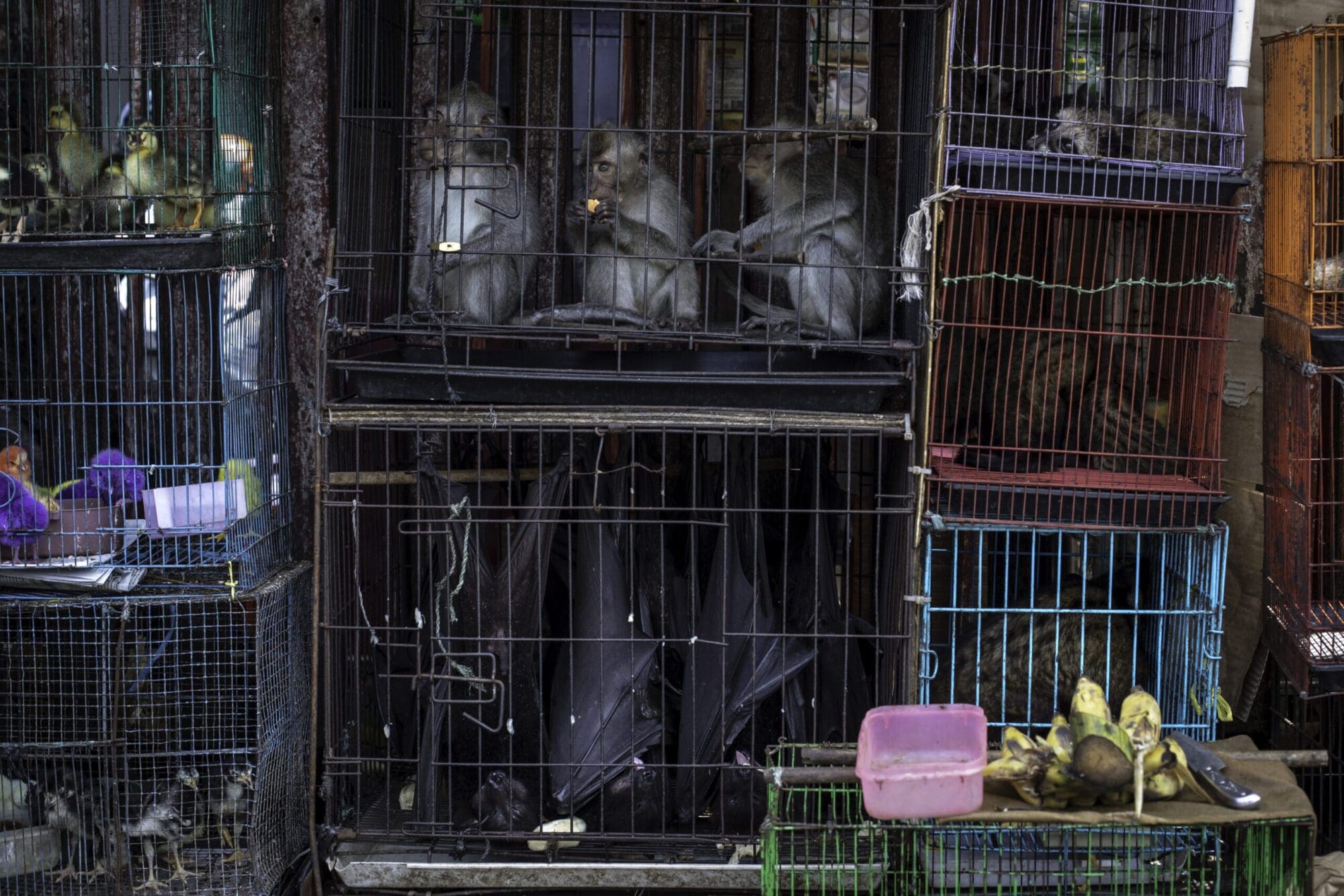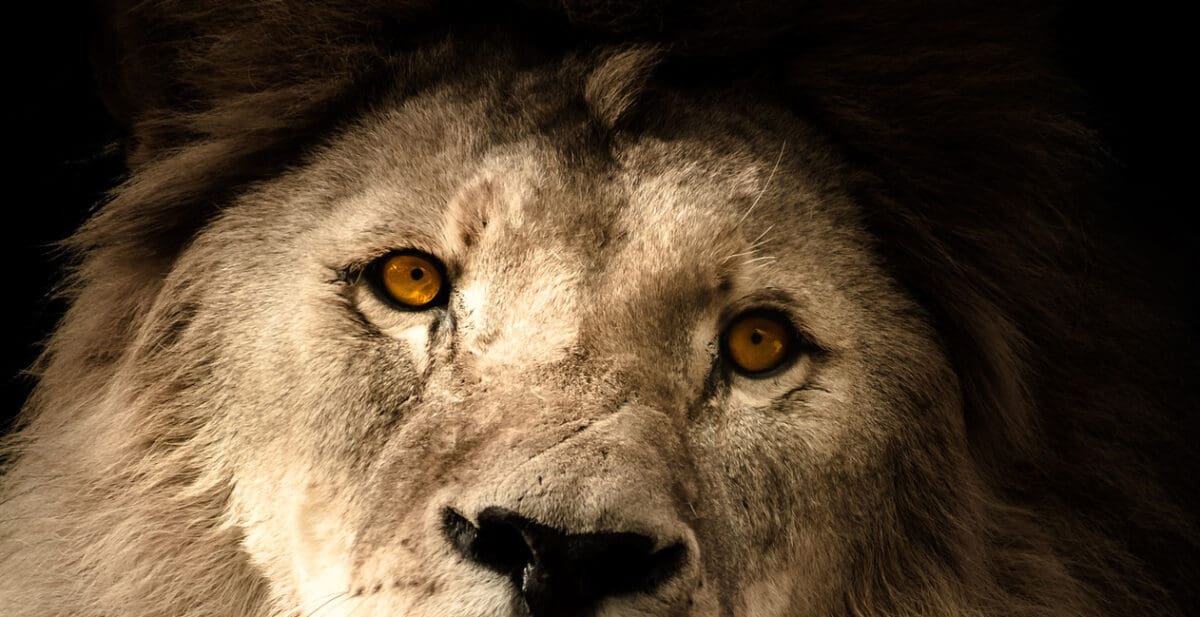In August, VHS launched a campaign calling on the Vancouver Park Board to remove the horse-drawn trolley from Stanley Park.
Having horse-drawn trolleys or carriages in urban settings is just not safe. This became clear in 2016, when the Stanley Park trolley’s horses were spooked by traffic noise and bolted, nearly taking a trolley full of tourists off the sea wall.
Due to a changed traffic configuration, the trolley was sharing the roadway through the park with motorist and cyclists. This created an additional safety hazard as drivers attempted to pass the slow-moving trolley by veering into the cycle lane.
The horses, who spend long hours on hard pavement in all weathers, are also exposed to vehicle exhaust.
Nearly 7000 people signed our petitions to the Park Board to remove the trolley. To date, the board has not responded.

